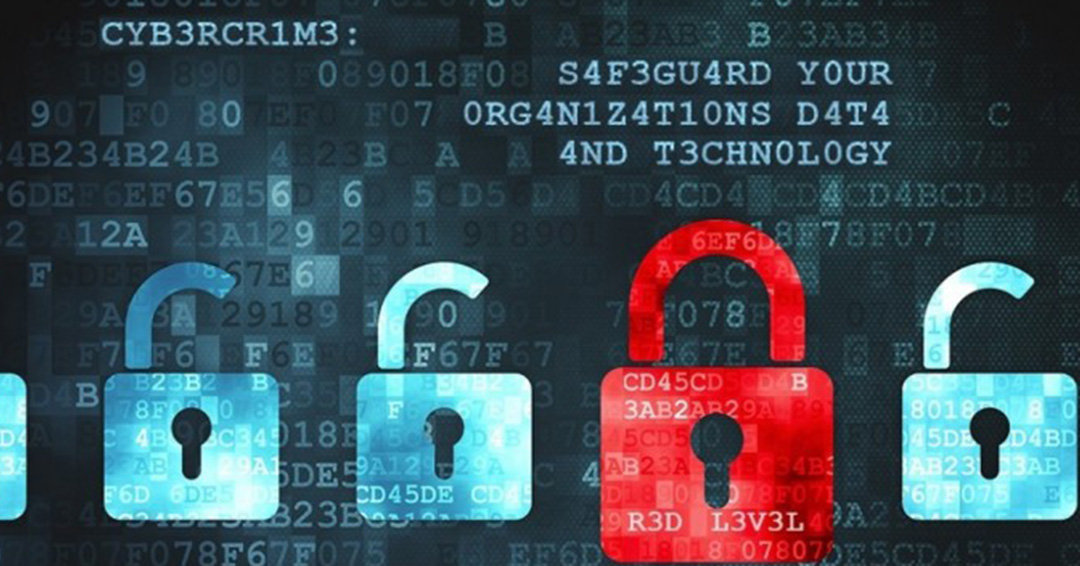
Sep
KIU Teaching Hospital Strengthens Partnership With Kitagata General Hospital
September 5, 2024, 9:40 am
 Administrator
Administrator

Br Rogers Wanambwa
KIU, Main Campus - Cyber awareness is generally defined as an understanding of potential cyber threats and how a user can avoid them.
As the world increasingly goes digital, cyber awareness is and has become a very crucial part of any cybersecurity strategy. This is true for a regular smartphone user to multinational corporations. Everyone is susceptible to attacks.
According to experts, human beings are the weakest link in any cybersecurity strategy. All viruses, advanced techniques and malware that use social engineering depend on a user who will be distracted or na?�ve enough click on a link, provide information or take an action that will lead to their or the institution's attack.
More than 90% of hacks today begin with an email attack, and as many as 23% of phishing emails are opened by employees and therefore increasing your cyber awareness is key in making an employee part of your cybersecurity strategy. This goes for you even if you just own a smartphone.
Phishing is basically defined as "the fraudulent practice of sending emails purporting to be from reputable companies in order to induce individuals to reveal personal information, such as passwords and credit card numbers."
Cyber awareness, therefore, is very important in today's life as billions of people around the world join and use different internet platforms for different things, from a simple online chat to complex surgery operations in hospitals(thanks to 5G), from E-Conferences on Zoom to smart houses(Internet of Things).
In 2017, cyber attacks on organisations cost the UK economy �10 billion. It is those unsuspecting individuals, employees and contractors that make up over half of the cause of data breaches. This is staggering because you cannot say there was intent on their behalf!
Before COVID-19, there were a growing number of jobs that could be performed from home. Because of the pandemic, almost everyone has had to do some work from home, redefining the workspace. This has led (and will continue to) many a working force and employers seeing that it can continue to be so, meaning more internet use. Without training in cybersecurity awareness, you can how scammers and hackers are going to have a field day.
Another reason is the emergence of the Internet of Things(IoT) which I hinted on earlier. So many devices and gadgets to ease a person's life have been made and they are all internet-based. From smart fridges to self-driving cars. All these can be hacked.
Individuals need to be trained and given tools to protect themselves from such attacks. This can be done in a few simple ways like always updating your antivirus, not opening suspicious email and online messages, or taking time to notice the address and structure of the email(just a single letter added or removed means it's not from the original source), properly disposing of paper-based material, backing up data among others.
Kampala International University,
Box 20000, Ggaba Road, Kansanga, Kampala
+256-760 502660
+256-700 100808